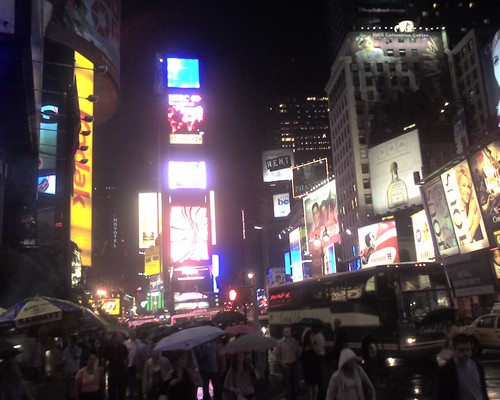Better thinking through chemistry
 Monday, June 16, 2008 at 3:29AM
Monday, June 16, 2008 at 3:29AM ARTICLE: "All on the mind: Prepare for drugs that will improve memory, concentration and learning," The Economist, 24 May 2008, p. 103.
EDITORIAL: "Smart drugs: Drugs to make you cleverer are in the test-tube. Good." The Economist, 24 May 2008, p. 22.
Humans have sought chemical enhancement from the dawn of time, and with the 21st century shaping up as THE century of biology, expect the practice to skyrocket and cause major social schisms between the all-natural crowd and the enhanced cohort.
We're just scratching these surfaces for now with athletes, but when long-term use of brain-performance drugs starts to elevate some while leaving others behind in a knowledge economy . . . well, that could get tricky.
But I'm with the Economist: you cannot deny people the opportunity to improve, especially as we age. If there's no limit to the disposable income tossed at failure to erect or keep a head of hair or to sport big enough breasts or a thin-enough waistline, then it'll be no-limits on the pursuit of intellectual happiness.
Expect Big Pharma to have learned from the past: no profitable brain-enhancement drug will be allowed to go "black" anymore. Simply too big a market to let slip into the netherworld of criminality.
As we get closer to Kurzweil's Singularity, this is going to get contentious . . . challenging and thus changing the face of the world's major religions.











